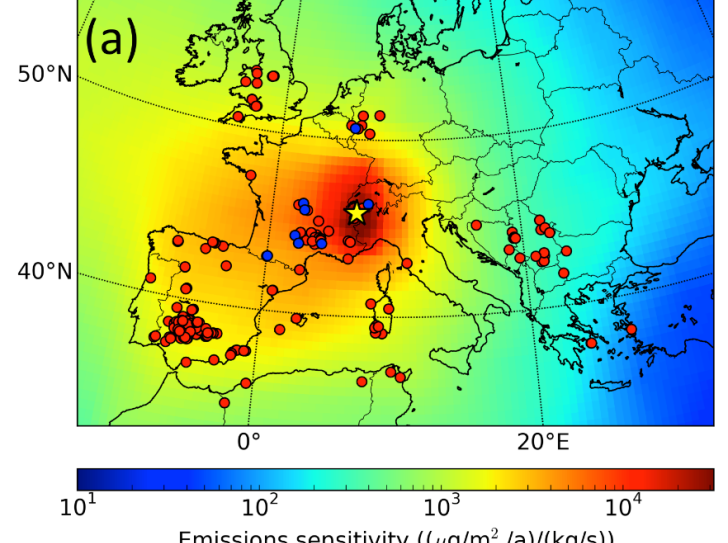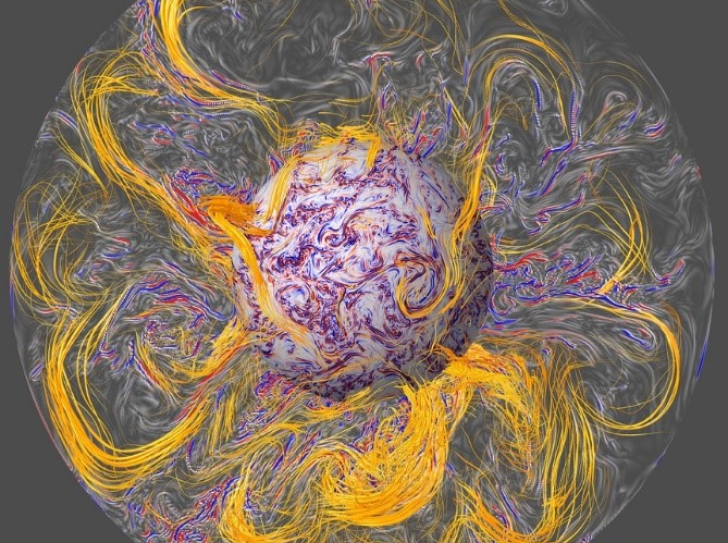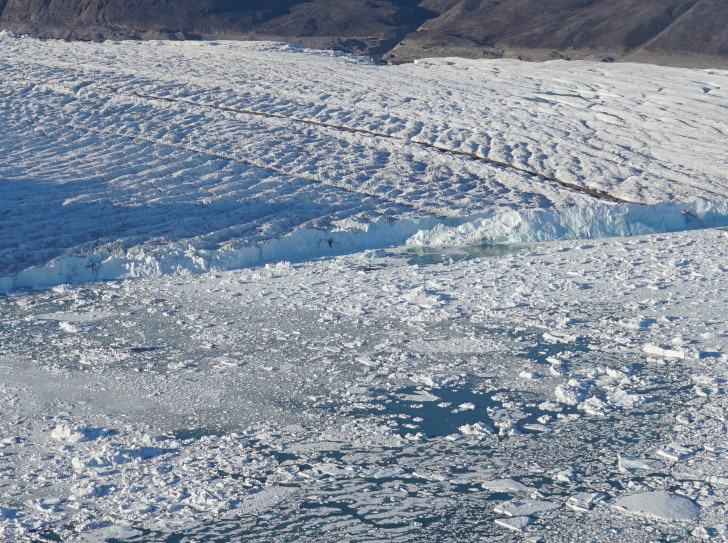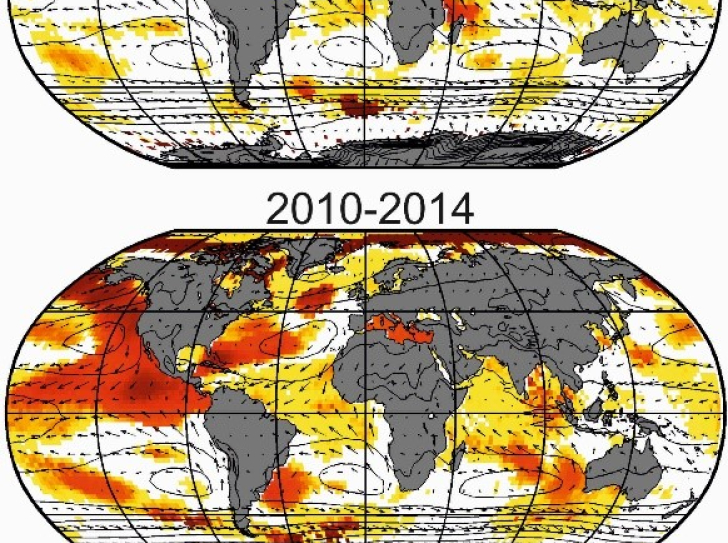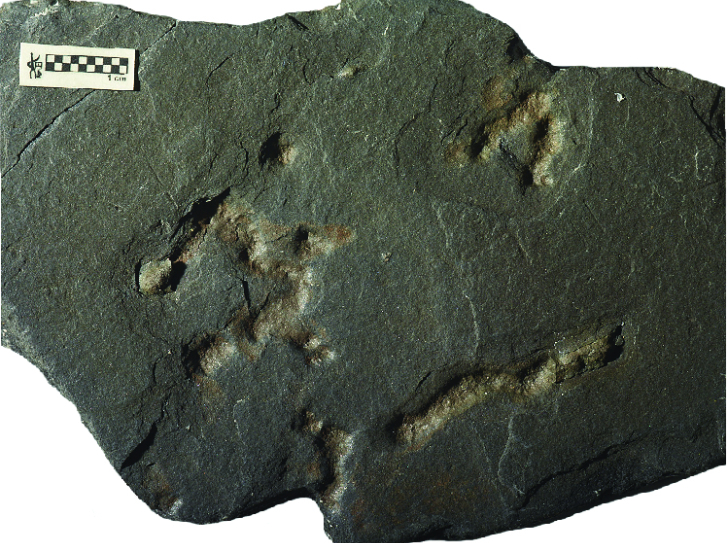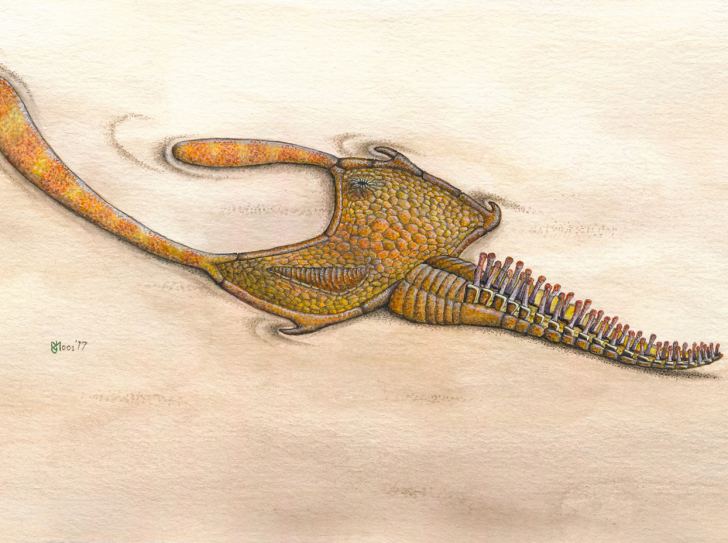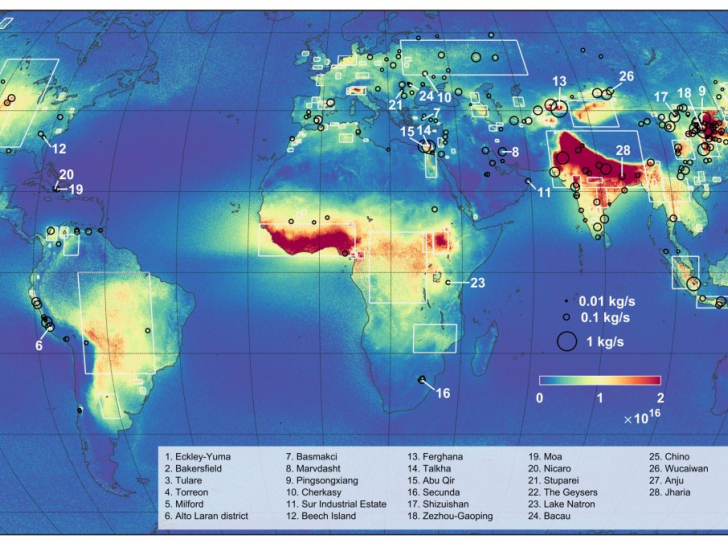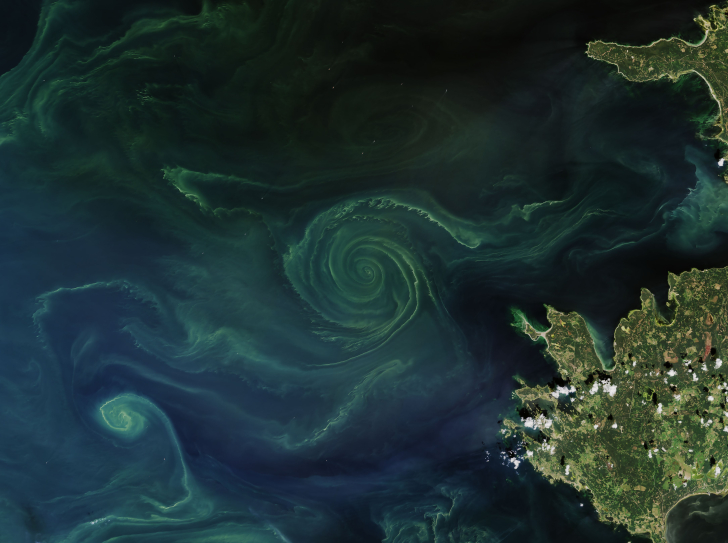News round-up
117 results
Press
Geomagnetic jerks finally reproduced and explained
The Earth’s magnetic field experiences unpredictable, rapid, and intense anomalies that are known as geomagnetic jerks. The mechanisms behind this…
Read more
Press
Unprecedented biological changes in the global ocean
Current monitoring of marine biological systems only covers a tiny fraction of the ocean, which limits our ability to confidently predict the…
Read more
Press
CNRS launches observation campaign of seismic activity in Mayotte
Since May 10, 2018, multiple earthquakes have been reported off the island of Mayotte (Indian Ocean), some of which were widely felt by the…
Read more
Press
Discovery of the oldest evidence of mobility on Earth
An international and multi-disciplinary team coordinated by Abderrazak El Albani at the Institut de chimie des milieux et matériaux de Poitiers (CNRS…
Read more
Press
Pollution: New ammonia emission sources detected from space
Researchers from the CNRSThese scientists belong to the LATMOS research laboratory (CNRS / Sorbonne University / Université de Versailles Saint…
Read more
Press
Launch of the European Plate Observing System (EPOS): Earth System Science enters the Big Data era
Wednesday 7 November 2018 officially launches the European Plate Observing System (EPOS) for the pooling and streamlining of data and services of all…
Read more

